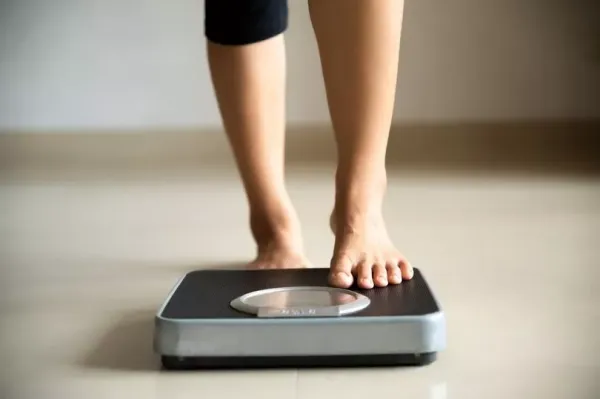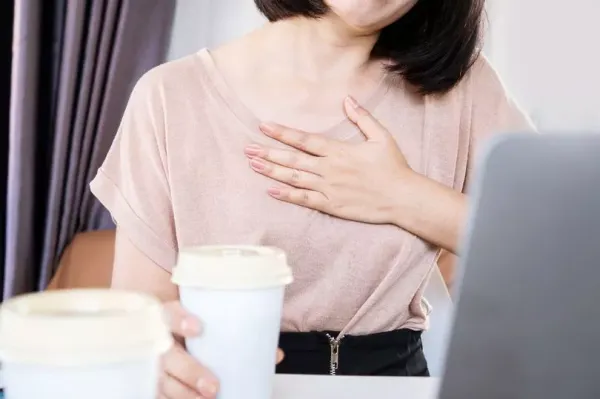
A fat loss coach has shared his approach to boosting metabolism for weight loss. He stresses that understanding your metabolism is crucial if your goal is to shed body fat. Additionally, he highlights that eating can actually help burn calories, meaning you don’t have to continuously cut back on food to reach your target.
Shayne Rowland, known as , explains that your metabolism- or total daily energy expenditure (DEE) is made up of "four key components.”
Discussing how we burn calories while eating, he explains a process called TEF - Thermic Effect of Food. This refers to the number of calories your body uses simply to digest the food you consume.

“So yes, eating food actually burns calories and even boosts your metabolism,” he says. This highlights that, contrary to the common belief that eating less is the only way to see results, food can actually support your weight loss goals.
In fact, according to one : "Evidence suggests that TEF is increased by larger meal sizes (as opposed to frequent small meals), intake of carbohydrate and protein (as opposed to dietary fat), and low-fat plant-based diets."
Speaking about your BMR - Basal Metabolic Rate - the coach continues says: "This basically means the amount of calories that your body uses just to keep the lights on”. It even includes when you’re lying in bed as whilst you are not doing anything, your body is making sure that your organs are functioning, your body is regulating your temperature and that blood is flowing around your body - all of this uses calories.
He adds: “This is the largest component of what makes up our total DEE or our metabolism. The next part is what’s called our NEAT - Non Exercise Activity Thermogenesis Genesis" And whilst the word sounds complicated, it's not.
This refers to what you do during the day and how much you move such as cleaning the house, moving around as you’re talking or any general movement that is not part of your 'exercise' routine aka walking, swimming or running.
In his last piece of advice, he notes that EAT is also important. This stands for Exercise Activity Thermogenesis.
He says: "This is any specific exercise that you’re doing throughout the day or the week" compared to NEAT which is nothing to do with exercise. However "contrary to what people believe our exercise actually makes up for one of the smallest parts of our metabolism or DEE."
What food and drink can help me burn calories and lose weight?
In an earlier article by the , an expert revealed six thermogenic 'calorie-burning' foods and drinks which you could try including in your diet. These include:

When it comes to caffeine, it’s important to consume it correctly. One doctor, Dr Olmos, warns that incorrect coffee consumption can lead to stomach issues and may even increase the risk of chronic diseases which can be linked to diabetes.
The expert explains that coffee is naturally acidic, and drinking it on an empty stomach can disrupt your stomach’s pH balance. This can trigger excess gastric acid production, potentially causing and digestive discomfort.
"Overtime, if done often, it can cause inflammation of the gastrointestinal tract which impacts our gut microbiome - something key to our overall health.", reports the .
They add: "Not only can it cause digestive problems such as gastritis or (IBS) thanks to inflammation of the tract, but it can increase the risk of chronic diseases which is linked to various health conditions, including heart diseases, type 2 diabetes, and autoimmune disorders."